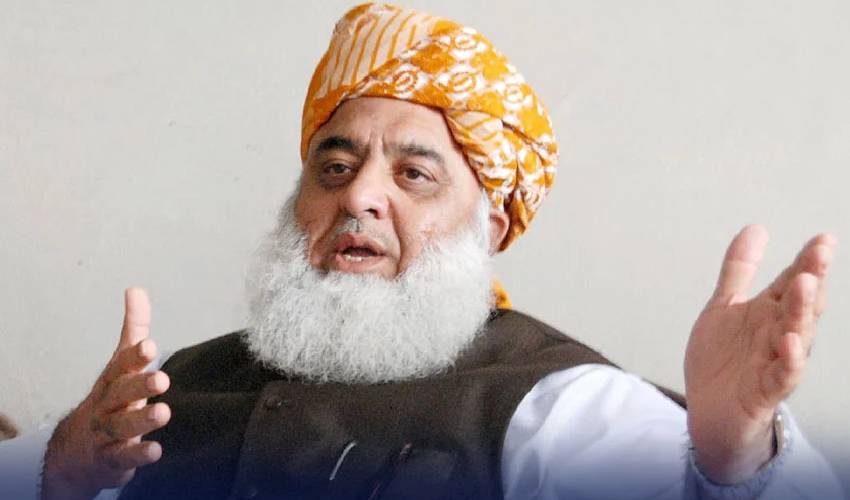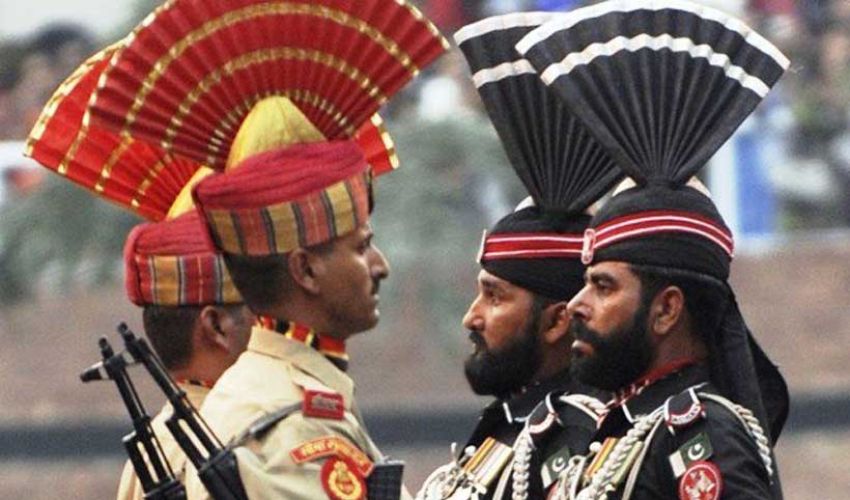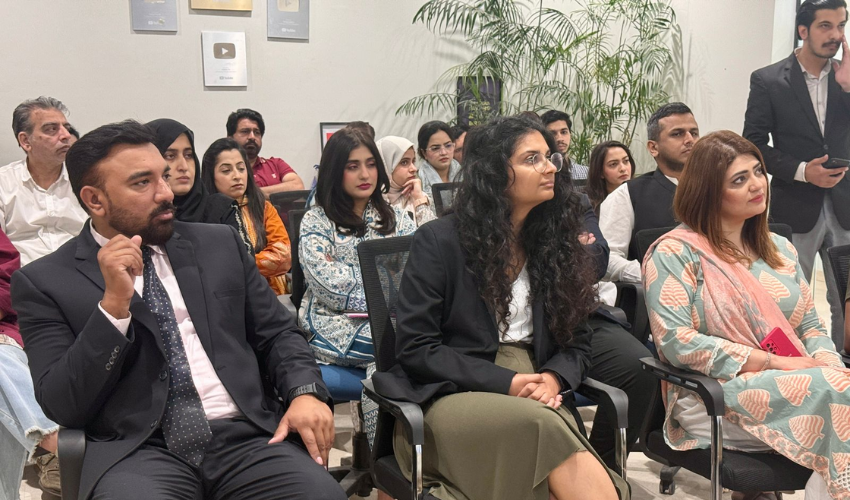Efforts by the government coalition to sway Maulana Fazlur Rehman, the leader of Jamiat Ulema-e-Islam-Fazl (JUI-F), have hit a roadblock as the party asserts its decision not to participate in government formation endeavors.
According to Senator Abdul Ghafoor Haidari, JUI-F has decided not to be involved in forming the new government. This announcement follows a meeting between coalition leaders and Maulana Rehman, where efforts were made to persuade him to participate.
The coalition delegation, comprising leaders from various parties, engaged in discussions with Fazlur Rehman in an attempt to persuade him to reconsider his stance. However, Senator Abdul Ghafoor Haidari unequivocally stated afterward that JUI-F will not be part of the government formation process.
During the meeting, the coalition leaders emphasized the importance of supporting the Prime Minister and the Speaker in the election of the Deputy Speaker.
Abdul Ghafoor Haidari highlighted that reservations regarding the election process have arisen not only from political parties but also from the Election Commission and security agencies, which have impacted the transparency of the elections.
Following the conclusion of the meeting, PML-N leader Sardar Ayaz Sadiq shared that leaders from various parties, including the Speaker, Deputy Speaker, Prime Minister, and President, had appealed for votes during the session.
It was also disclosed that the JUI-F chief is scheduled to meet with leaders from the PML-N tomorrow, indicating ongoing dialogue and political engagement among key stakeholders.
Inside story
On the other hand, according to the inside story of the meeting between a delegation of coalition party representatives and JUI-F leader Maulana Fazlur Rehman, the discussions centered around the possibility of JUI-F joining the government formation process, but he expressed strong reservations.
During the meeting, the JUI-F chief voiced his grievances and concerns before the delegation, expressing reservations about participating in the government formation process.
Despite requests from the delegation to support them in government formation, he remained steadfast in his stance, emphasizing his dissatisfaction with the electoral process rather than the delegation itself.
In response to the delegation's entreaties, he lamented feeling strategically defeated within the political landscape, questioning the motive behind efforts to bring him back into the fold when he perceives himself as being sidelined from mainstream politics.
Expressing his reluctance to re-enter the political arena under current circumstances, Fazlur Rahman articulated his desire to remain outside the realm of political influence. He further expressed interest in holding discussions with the central leadership at the Parliament House, signaling a desire for further engagement and dialogue.
However, the response to the delegation's offer to meet with the top leadership remains shrouded in silence, leaving the prospect of future engagements uncertain. Sources indicate that efforts will be made to convene a meeting with the JUI-F chief at the Parliament House, underscoring ongoing attempts to address concerns and navigate the complex landscape of coalition politics.



























